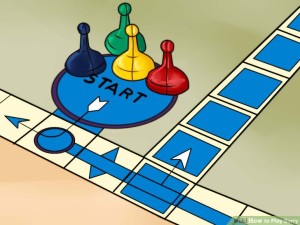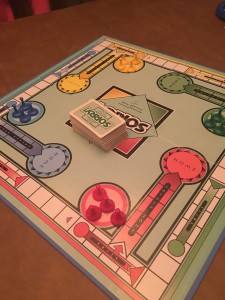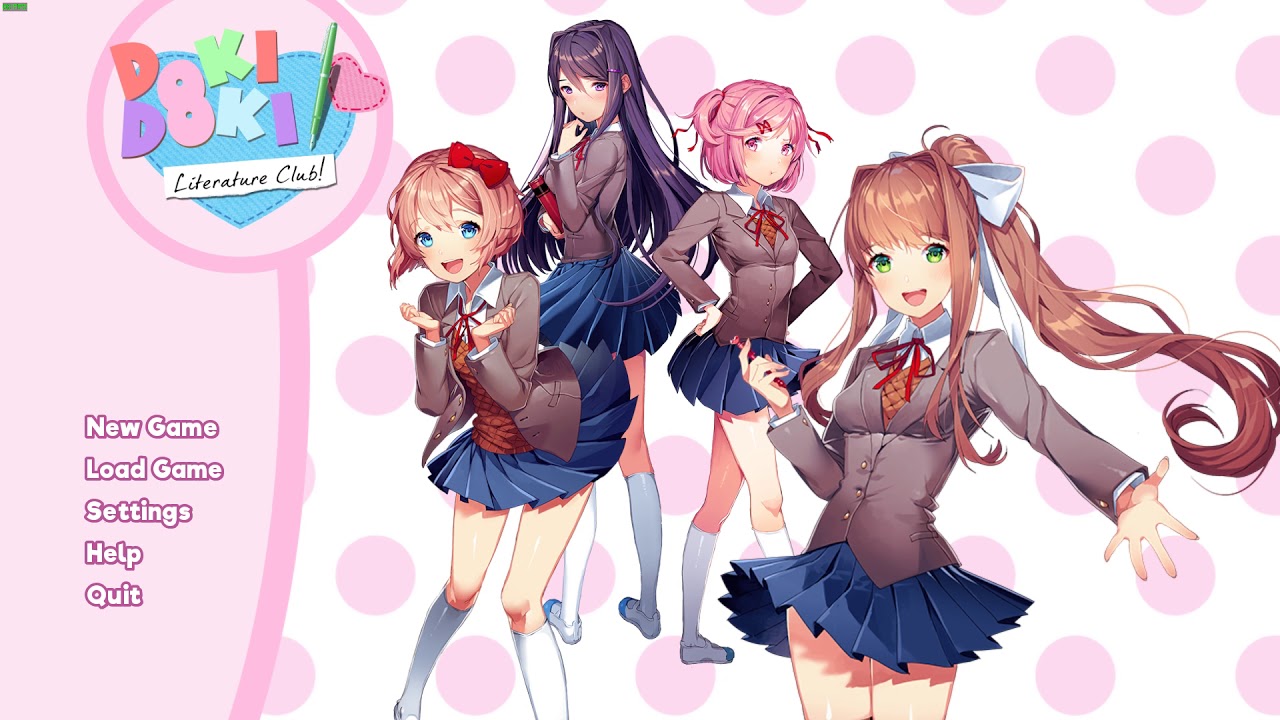I spent my Christmas up in Minnesota visiting my parents. I didn’t grow up in the small town where they currently reside, as we moved around a lot thanks to my Dad being in the Navy, but their new house still has all of the pictures and knick-knacks I saw all through my childhood. It means that spending time there for the holidays is both comforting and surreal, with everything I grew up surrounded by being in slightly different places, like a kind of ‘spot the difference’ picture. Thanks to the nature of my father’s career, my parents and sister and I quickly got used to home being less of a place and more of a feeling that we carried with us regardless of our destinations, and nothing exemplifies this more to me than the games we play.
Games have been a constant in my family for as long as I can remember. From a young age my sister and I were taught how to play every board game from Candyland to Monopoly, every card game from gin rummy to spades, and whether we were at home for Christmas or in a different state (or different country), my Dad was always ready with a deck of cards when we needed a way to pass the time.
My sister and I are two years apart – she’s two years younger – so for a long time it was difficult to find games that she and I could play that weren’t too complex or confusing. For my family, this was where the game Sorry! came in. Sorry! is a board game wherein players have to move all four of their pieces from the start position around the board to the home space, and do so faster than their opponents. It’s a game for four players, and as a result it became a staple in my family’s game activities.
Sorry! is interesting because it encourages competitive play. Only one person can win, and pieces can’t share spaces, so the primary objective of the game, beyond getting all four of their pieces to their home space, is to prevent other people from getting theirs home first. As a result, Sorry! Includes a contentious atmosphere, where players are able to sabotage each other’s attempts to proceed normally around the board (via the drawing of random cards). The convention when hindering another player’s progress is to apologize, hence the name of the game, and as a result more tears, sarcastic japes, and blood have been issued and spilled over Sorry! Than any other game my family has played over the last three decades. It’s easy to provide a ‘sorry’ that’s less than genuine, especially amongst competitive players, and the standard state of play in my family is my Dad drawing a card allowing him to move seven spaces split between two pawns and using that move to knock out two of my Mum’s pieces. Her indignant complaining about his obvious dick move, met with a disingenuous ‘sorry’ from my father, encapsulates the spirit of the game perfectly.
It’s also something of an appropriate metaphor for my coming out as transgender, and an interesting way of looking at how my family has handled that over the last two years.
I first came out as transgender in January of 2015, and in the two years since my family and I have been figuring out how to handle that. Coming out this late in life (at age twenty-seven) is a complex and confusing process for everyone involved, so it’s made coming home for the holidays a bit tense. My parents have never been anything but gracious and willing to work with me on my gender identity situation, but when we only see each other two or three times a year, it’s easy for pronouns to be forgotten, names muddled up, and personalities to clash. It means holidays can be a little awkward, but the thing that has always helped, not just in this situation but in every other point of family strife I’ve experienced, is playing games.
Games are a fundamental part of my identity. Being raised in a family that loves to play in one way or another has fed my love of games, even though most of the ones played with my parents were analog. The principles those games taught me carried over between platforms, styles, and genre, and fed my love of video games and the stories they could tell. Play is how we all explore our identity, testing the boundaries of what is and what can be in our lives and the lives of others. Whenever my family is together, even if its only once or twice a year, we make it a priority to play games together, and when we’re together at Christmas, we always play at least one game of Sorry. 
Sometimes what we learn from games is abstract, not immediately apparent from their surface objectives. The purpose of Sorry! Is to win, but the idea of winning in this context translates into the goal of attending to oneself first, focusing on doing whatever it takes to win. ‘Whatever it takes’ depends on how players can choose to engage in subversive tactics when playing Sorry!. You can try to win honestly, only knocking people back to start when it’s absolutely required according to the rules. You can be a complete jerk, going out of your way to knock other players off the board. You can also forge basic alliances, go back on them, and employ all number of play styles in order to win the game. Ultimately, the premise the game is founded on is one of ‘sorry, not sorry’. Players apologize for their underhanded tactics, but the tone of that apology varies. Sometimes it’s genuine, but most of the time, it’s a half-apology, a player saying sorry for knocking someone back to start while not being truly sorry for the action, as it ultimately furthers the goal of getting all of their pieces back to Home.
Coming out as transgender is difficult for everyone in a family. My parents and I are still coming to terms with what it means for me to be their son, and it means we spend a lot of time apologizing to each other in one way or another. A lot of the time, it’s the same kind of sorry not sorry I’d use when I knocked one of my dad’s pieces back to start on the board. I’ll never be sorry for exploring my identity further, as it’s ultimately improved my quality of living. I do feel sorry for upsetting my parents, because I don’t want them to be upset by anything — they’re good people who try to understand even if it takes time and results in some misstepping — but ultimately I’m not ever going to be sorry for taking my next steps forward in my transition. I can choose whether or not to engage in subversive tactics, knocking my fellow players out of my path wherever I can, or I can play honestly, trying to spare the worst of the conflict. I don’t have to be sorry for who I am, not when I know that it is ultimately what leads me to bring all my pieces home, but I can be genuinely sorry if I upset people along the way. I don’t want to upset my family, but I also want to be true to myself, and finding that balance is something I learned with them and from them by playing a simple board game. It gives me hope that the other games we play together can help us, in these situations and in others that arise in our lives.





